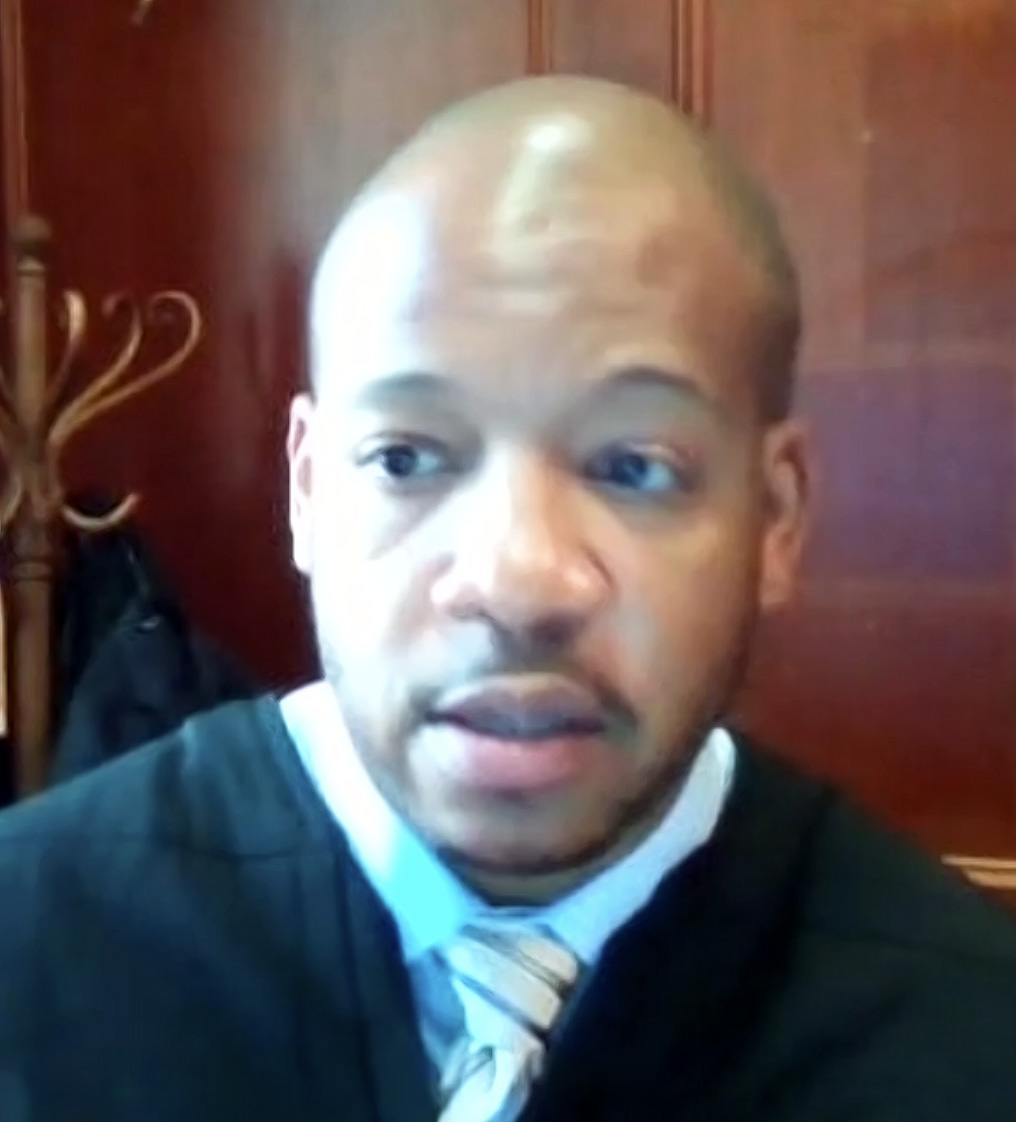A Shelby County court has denied the request of the Shelby County Election Commission to force the Shelby County Commission to fund its call for the purchase of ES&S electronic voting machines to replace the county’s existing election machinery.
Both bodies agree that the old voting machines must be replaced, but have disagreed on what should replace them, with the county commission maintaining that, as the entity empowered to pay for and to “adopt” the replacement devices, its twice-expressed official preference for devices employing paper ballots should prevail over the Election Commission’s choice of the $5.4 million ES&S ballot-marking devices, as recommended by Election Administrator Linda Phillips.
After a hearing Thursday afternoon, Chancellor Gadson W. Perry denied the Election Commission’s petition for a writ of mandamus, which would have forced the issue in the EC’s favor. The judge cited contradictions in specific Tennessee statutes, with one of the several laws discussed in the hearing concretely giving the EC the right to select election machinery, while another, just as firmly, supported the county commission’s contention that its control of funding precluded a “duty” to rubber-stamp the EC’s choice.
The bottom line, said Perry in denying the writ of mandamus, is that the warring statutes in effect endowed the differing parties with a “push-pull” relationship on the voting-machine matter, with an implicit imperative to work out some agreement between themselves.
Allan Wade, attorney for the Election Commission, promptly indicated he would appeal the ruling to “higher authority,” presumably to the Tennessee Court of Appeals. Since the request for the mandamus writ was but one of several legal remedies being pursued by the EC, Wade followed protocol in asking Chancellor Perry’s permission to appeal, which was promptly granted.
